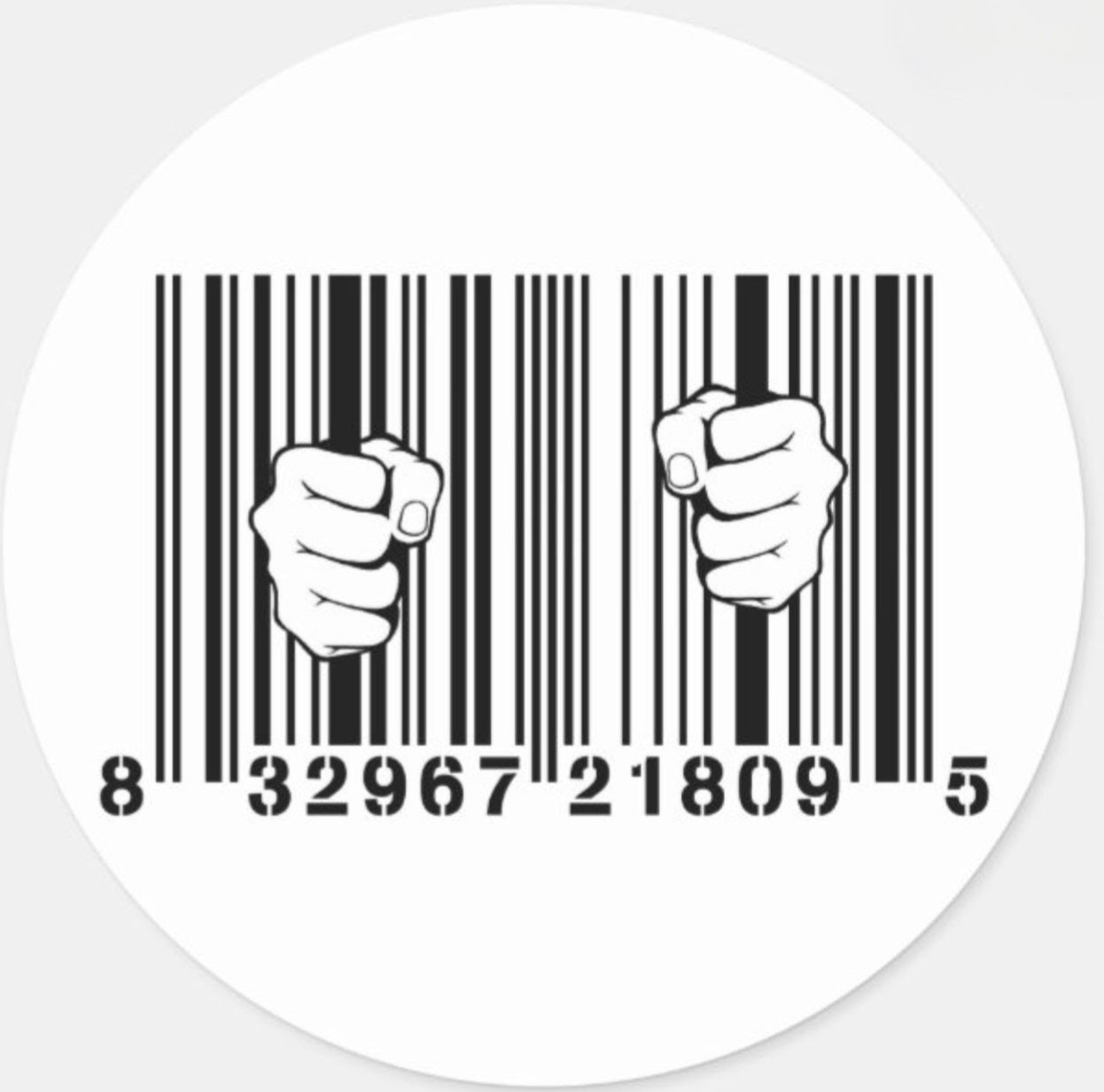…and how the bottom 30% are doing with housing.
It’s not even the top 1% that are the problem, it’s the top 0.1% who are hoarding all the resources.
And the bottom 30% voting them into power… So…
The .1% are not elected officials but are instead controlling them. Billionaires and capitalism are the root of the problem.
Citizens United, and other initiatives that allow obscene and often obscure funding into politics, need to be stopped.
You voted for Elon Musk? How? And who voted for Warren Buffett, Bill Gates, etc, etc? I personally have never been given the opportunity.
Don’t know if I picked this up somewhere, but I have a saying I oft repeat:
A society will be judged by how it treats the least among them.
Our society fucking hates poor people, and it kills me inside every time I’m reminded of it
It’s the decades of conditioning to hate on the poor starting from Reagan is why we are where we are now.
I think Jesus even taught that whatever you do to the least of these, you do to me in reference to the poor. Yet the Christian fanatics are the ones doing their best to wreck the lower classes to benefit the richest.
Don’t even have to invent anything new here: This is what purchasing power indices describe, and they definitely should play a much larger role in public discourse.
I tried looking this up, is this what you’re talking about? https://data.worldbank.org/indicator/PA.NUS.PPP?locations=AU
What exactly does this mean?
I’m a lay person, too, so I can’t help much with detailed references. My understanding is that PPP is intended for cross-country comparisons (i.e., purchasing power in one region/country compared with that in another). Purchasing power indices more generally measure the (real) value of someone’s wages (after deducting regular expenses like rent, insurance etc.) for purchasing certain goods (e.g., a standardized “basket of goods”).
To find information for your country, you could check your national statistics agencies to see if they provide data on such indices. Real wages are one example that you can probably find, although they don’t adjust for cost of living expenses (but they typically do adjust for inflation).
Per capita & country:
https://en.m.wikipedia.org/wiki/List_of_countries_by_GDP_(PPP)_per_capita
Robert Heinlein did an interesting thing. He and his wife Virginia wanted to tour the world, but didn’t want to do the usual trip, London, Paris, Rome, etc. They decided to tour the Southern hemisphere. Those essays are mind opening.
Heinlein made a point of asking cab drivers to take them to the very poorest part of any given town in order to get a handle on the various economies. Think on that. (This was a guy who fucking loathed the Soviets, went to Moscow and calculated the true city population by observing shipping from his hotel window. His numbers turned out to be accurate. Virginia learned Russian, from listening to records, so as to not get faked out or fucked with on the trip. LOL, those two were extra.)
One of my favorite bits finds them in Paraguay or Uruguay, I forget, and old Bob is angry with the cabbie. The were driven to a part of town with tiny little houses, flowers in the windows, neat gardens, clean roads, zero trash, all that.
“I specifically asked you to take me to the poorest area!”
“Oh senior, these are the poorest people. They are on assistance and are very ashamed.”
This was all from Expanded Universe if you’re interested in reading more.
Give this a shot as well:
No, see, if prices go up in the stock market (and other investments like real estate) that’s good and means the economy is doing well and when prices go up for things like food and power that’s bad because people will need higher salaries or more money in welfare and that’s bad. And it’s bad because that decreases the gap between the richest and the poorest and that would decrease the amount of power the richest people have.
deleted by creator





